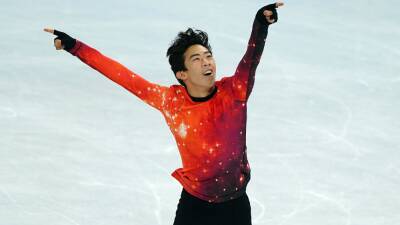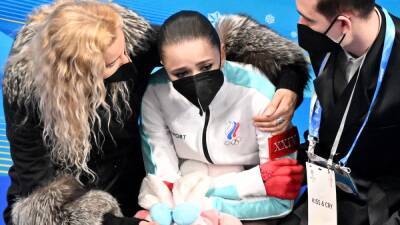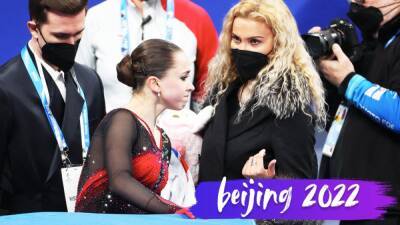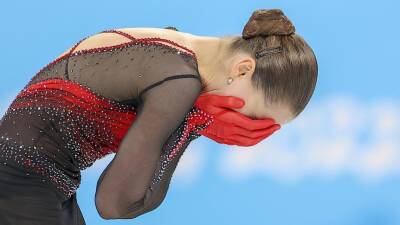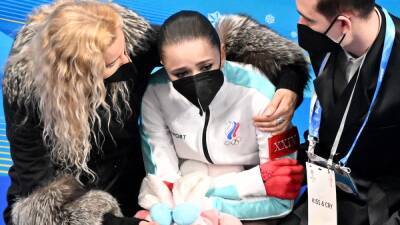Why the Beijing Winter Olympics' big doping scandal is even more complicated than usual
The first big doping case at the Beijing Olympics involves one of its biggest stars.
And it seems far from straightforward, not least because she is just 15 years old and has protections as a minor in the anti-doping rule book.
The country at the centre of it? Russia. Again.
Here's a look at the drug that Kamila Valieva of the ROC — short for Russian Olympic Committee and the name under which the country is competing because of previous doping violations — is suspected of taking, and how the situation might play out in coming days.
The medication trimetazidine is a metabolic agent that helps prevent angina attacks and treats the symptoms of vertigo, according to the European Union's medicines agency. It can increase blood flow efficiency and improve endurance — both crucial to any high-end athletic performance.
It is on the prohibited list managed by the World Anti-Doping Agency in the category of «hormone and metabolic modulators».
It is so far unclear when and where Valieva tested positive, and unclear which organisation had responsibility for first handling the case and which WADA-accredited laboratories have been involved.
At 15, she was mostly under the radar entering this season, even as a former junior world champion.
Valieva won a world-level event in Sochi in November and then became national champion after competing in St Petersburg in December. At that later event, the Russian national anti-doping agency, known as RUSADA, would have had the option to test her.
In January, she won again at the European Championships in Tallinn, Estonia, where the International Skating Union should have overseen collecting samples, especially from medallists.
On January 27, the official Olympic period started and the IOC had authority for



